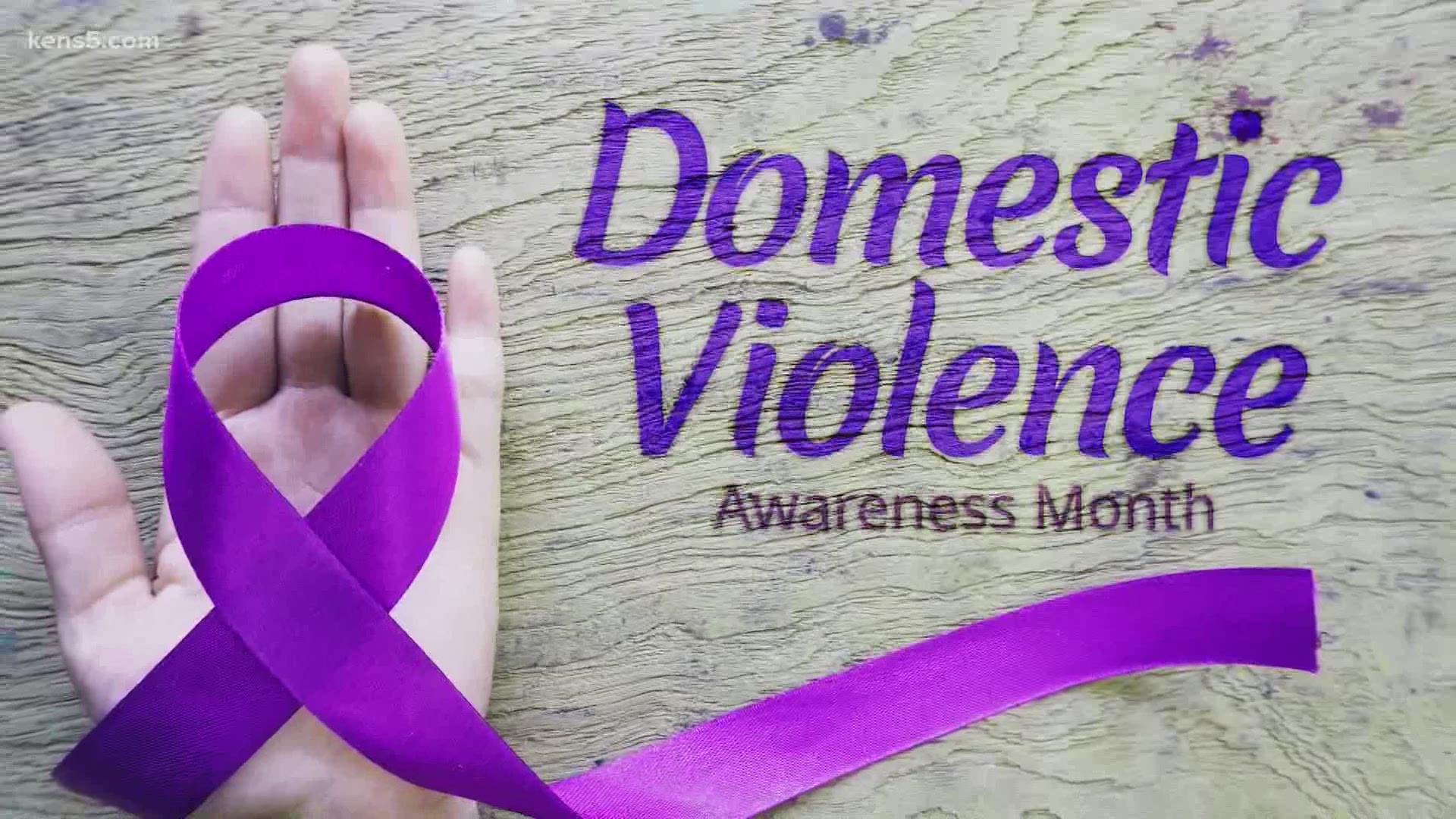COMAL COUNTY, Texas — Domestic Violence Awareness month is targeting the troubling statistic that three women are murdered by their partner every day in the United States.
Every year, 10 million Americans are said to be affected by domestic violence. For more than three decades, the Crisis Center of Comal County (CCCC) has been offering safety and services for families escaping abusive situations.
This month, the nonprofit located in New Braunfels is spreading a message of hope and letting families know a better life is possible.
The basics of food, shelter and clothing are provided and the crisis center takes meeting needs even further. The facility in New Braunfels allows pets and offers educations options for children through the public-school system or with a home-school group onsite. The center also prides itself in creating a peaceful atmosphere.
“A lot of people have a stigma in their mind that a shelter is not a nice place to have to go, but we've made it to where it's like that of a home,” said Stacy Hill, the executive director of CCCC. “That is our culture here, to welcome these victims and survivors into our family so that we can help them navigate for a sustainable living on their own.”
The crisis center served 700 clients in 2017. Last fiscal year, the number grew to 1,600 clients. About two-thirds used services like sexual assault exams, counseling and legal help. The remaining 550 clients spent time living at the center as well as having access to those services. All resources are provided at no cost.
"One of the criteria is [being] a victim of domestic violence or sexual assault. It doesn't matter if it was 20 minutes ago or 20 years ago, we're still here to be able to serve you," said Hill.
The number of clients who are victims of sexual assault has also increased. Last year CCCC worked with 106 victims while this year's numbers have already surpassed 144.
Grants from the McKenna Foundation and the Kronkosky Charitable Foundation have allowed CCCC to open some services to homeless women and children. Victimization is not a requirement for these clients, only Comal County residency prior to being displaced.
“One of the biggest challenges the pandemic has brought, even though we get a lot of calls, people are just not coming in for shelter,” said Tamara Acosta, the program director at CCCC. “What's going on is their fear of being exposed to the virus is a lot higher than being with their abuser.”
The center has cleaning measures in place and a private area for new families to spend their first few days before interacting with other clients. Their goal is to offer safety from all threats as the survivor starts their new chapter.
“What we're here to do is to help you understand that it is not your fault and you are not alone,” said Ellie Truan, the prevention specialist for CCCC. “There are people here who can help you and walk with you through that journey to a new and better life.”
October serves as domestic violence awareness month and provides a renewed chance for the community to show support for their neighbors who have experienced abuse.
“We're always looking for volunteers here at the shelter,” said Paula Bouloubasis, the community relations coordinator for CCCC.
Donations of time, money or items furthers the Crisis center’s mission.
Among the most-needed items are women’s underwear (new), blankets, diapers size 5 or 6 and wipes.
Staff members are holding a candlelight vigil in downtown New Braunfels Thursday evening at 5:30. The display is a way to honor victims and survivors of domestic violence.
The crisis center employees say a better life is possible and it's moving when clients achieve it.
“You're proud of them because you saw how broken they were when they first came in and they didn't even realize how brave and strong they really are,” said Acosta. “Just to be able to witness that, it's just powerful.”
Contacts:
If you are in danger and need immediate assistance, please call 911.
For immediate help with crisis services, information or referrals,
call the CCCC 24-hour crisis line at: 1.800.434-8013 or 830.620.4357.
For hearing impaired please text: 830.310.2199

